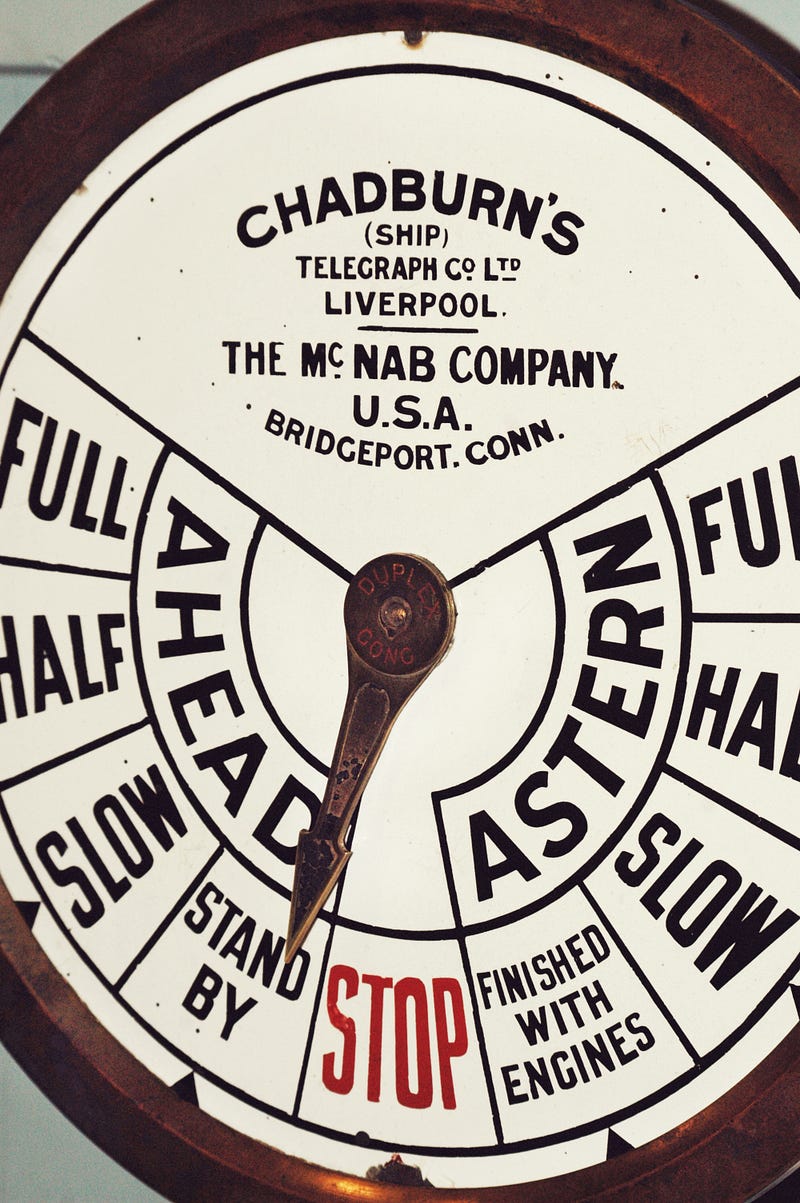Advice for Journalists and Writers With Timelines
getting a piece “out the door” can be hard when a timeline is bearing down, but it’s totally possible to do so and be happy with the…

Getting a piece “out the door” can be hard when a timeline is bearing down, but it’s totally possible to do so and be happy with the result (even if it gets rejected)
I recently received a lovely question in response to my article How to Get Your Story Read, and I immediately set out to respond. As I wrote, however, my response lengthened beyond the confines of a small post and became something of an article in its own right! Because of this, and because I feel that the question raised is so important, I decided to post the whole thing as its own entity.

Hi! Thanks for reading, I’m glad you liked the piece! And thank you for your question. I do have some thoughts on how to submit work for journalistic writing, which I’m happy to share.
It’s absolutely true that my advice here is geared towards a specific type of submission — pieces destined for literary journals, or their equivalent. In those circumstances, time is usually a factor in the other direction (it can take months, sometimes, to hear back on a submitted piece as the decision-making process rolls forward). The world of journalism operates on a very different timeline by necessity.
On one hand, I believe that a lot of the advice I offer in “How to Get Your Story Read” stands, especially what I offer in my opening line: be proud of your work. For an op-ed or journalistic article, that probably does mean making sure that the research is solid and that the writing is as polished as can be. However, as you’ve experience, there’s a fine line where the polishing of a piece becomes its downfall.
First: research is vital in these circumstances. Knowing which places you want to write for is even more vital ahead of time when it comes to journalistic writing because you won’t have time to do that sort of research later. I’d recommend keeping a spreadsheet or even a simple Word document dedicated to submission locations. This document should be organized into categories relevant to your interests and submission practices. If you write articles about environmentalism, list the top ten venues for that sort of work — and sub-tag categories, too, if you know that certain magazines prefer conservation work related to specific aspects of the environment. If you write about political issues, follow the same system and isolate the top five to ten venues for your work in the main categories you’re likely to write in (Middle-East Government, US Politics, Science Advocacy — for instance). Getting the pre-research out of the way is vital, especially if you’re primarily doing freelance work. If you write for a specific entity consistently, then you'll, of course, be able to turn your research time elsewhere, but I’ve found it’s rare these days to be a freelancer who doesn’t write for multiple venues.
The next step also lands squarely in the realm of “preparation.” Staying abreast of the latest developments in a particular field is vital when attempting to maintain the lead in article submissions.
I would suggest setting aside some time to locate reliable primary sources which can be used for swifter verification, this on top of ordinary daily “reading-up.” Having some primary sources at your fingertips will help, and the more personal the better. Being able to call up your friend who works for an organization you’re writing about is a lot easier than trying to wade through red tape.
This doesn’t mean that a story should rely on thin sourcing — following the best practices for multiple verification is still important. But getting an early lead on sources can allow you to write your article earlier, do some polishing beforehand, and then have a significantly more complete piece from which to fine-tune your source information later on. There’s a lot I could write about what types of sources to look for, but that would be an article unto itself.
Because journalistic writing often requires speed, it also demands a lessening of perfectionism. I’ve mentioned how it’s critical to “let your story rest” before submitting it, but when you have a deadline, that just might not be possible.
However, in these cases, I still recommend letting the work sit — I’d just change the amount of time that’s allowed for this. Instead of walking away for a week, walk away for an hour. But, when you step away, make sure you are really stepping away. Go on a nature walk with your dog, watch an episode of your favorite TV show; do something that pulls you completely out of the writing head-space (and, preferably, something which is relaxing). The idea is to come back to your piece having forgotten about it, even if just a little. That will give you some freshness needed to edit well.
I’m a big proponent of sharing work with trusted editors. However, if a deadline is upon you, then your trusted editors need to be more than just good readers, they need to also be swift. This usually just means that they are someone who knows what the stakes are for you already. They know you have to operate on budgeted time with your submissions and is okay with you saying, “Hey, I’ve got to submit this by midnight, will you give it a look?”
A trusted editor will be someone who gets some notes back to you within the timetable you request, or else tells you, “I’m so sorry, but I’m really busy today, I don’t think I’ll have time to look at it until tomorrow!” That relationship can be tricky to build, as it requires understanding, compassion, and a lack of guilt from both parties — but, once the relationship exists, it will benefit your work greatly.
I’ve been in this position before with friends and peers — being the person they come to when they need swift responses. I’ve learned to ask them questions about what, exactly, they want in terms of feedback and if there are any areas they hope I’ll concentrate on. I’ve also learned to be extremely realistic with what I offer in terms of feedback, based on my own schedule and availability. I always want to be there to offer help, but some days I can do more and some days I can do less. In the end, I think the realism has made my relationships stronger.

Finally, and this is probably going to be the hardest thing: sometimes we have to let our work leave its nest before we’re ready to let it go. We want to be proud of our work, but part of this is also letting it go and therefore trusting both ourselves, as a professional writer, and the work we produce.
Get the research as correct as possible, back up the sources as well as you can, polish as much as you are able… and then kick it out of the nest.
It’s this process that can slow writers up sometimes because we fear that our work isn’t “as good as it could be.” But the truth is that we can always tinker more, we can always polish to new levels. The stories I write now are infinitely better than what I wrote in my undergrad BFA, but I don’t look back and disparage those pieces (one of them, edited, got published just last year). I’m glad that I wrote those pieces, submitted them, and published them even if they weren’t perfect. In this, I think, is a possible readjustment of what “pride in our work” means. A healthier notion of what it means to be happy with our writing and ourselves. I write a lot about compassion, and that’s where this comes in: we’ve got to be compassionate towards ourselves.
Finally, I’ll just say congratulations on submitting your pieces and getting some published! That’s an incredible accomplishment, and one to hold to when rejections come in (they always do, for even the well-known writers). There will be more wins in the future, the key is to just keep writing!
